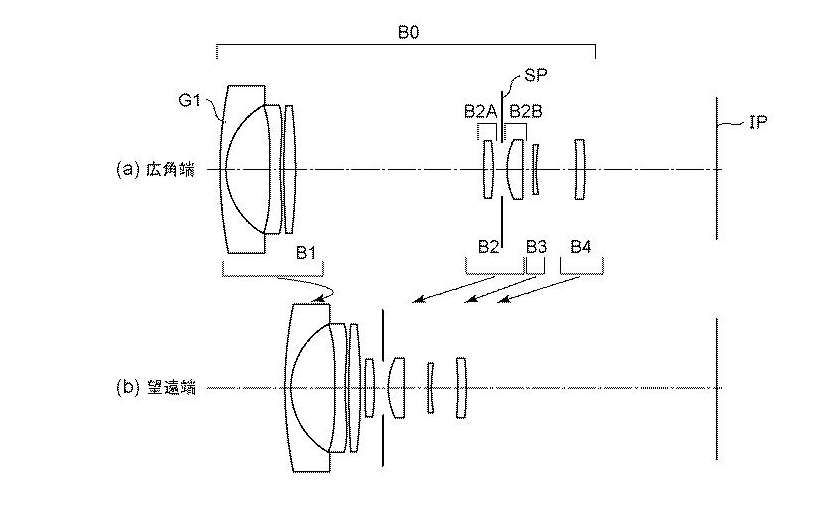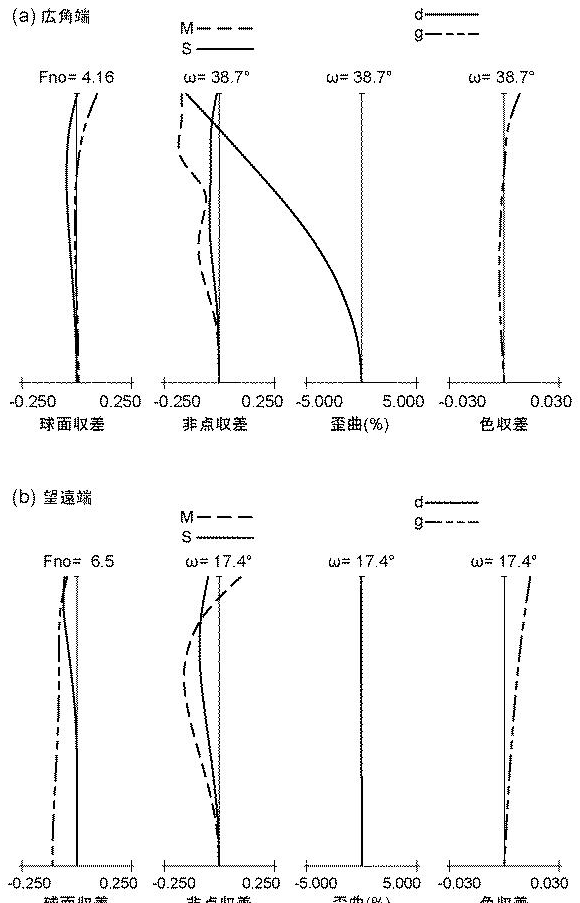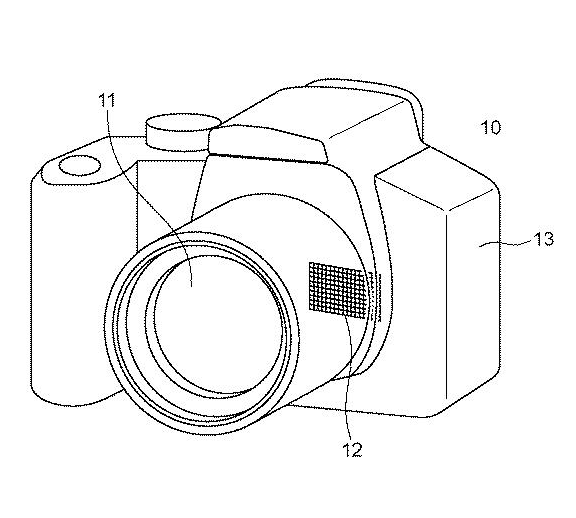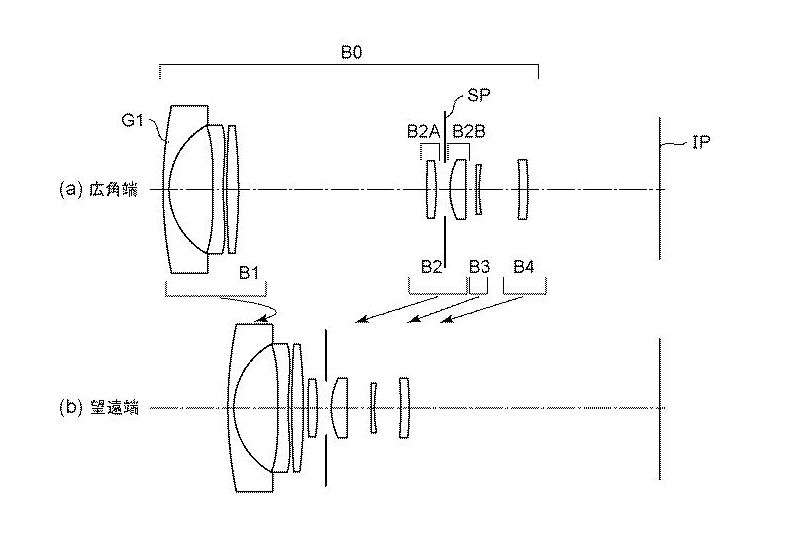Is a Canon APS-C sensor RF mount camera also around the corner?
APC-S mirrorless camera models aren’t new to Canon. They debuted this range with their EOS M model in 2012 and followed it up over the years with various iterations. All these models use their EF-M lens mount. The most recent among them is the Canon EOS M50 Mark II, the release of which surprised me. This system is somewhat crippled by the lack of lenses released by Canon to support it. 8 were released over the last 9 years, along with an adapter to support EF lenses. When you compare that with 21 lenses and 2 teleconverters for the full-frame RF mount, we can clearly see where most of Canon’s R&D has been focusing on lately. A new report now states that Canon has filed patents for multiple RF mount lenses exhibiting APS-C lens characteristics. This could indicate the release of an upcoming crop sensor RF mount mirrorless camera from them.
Canon has recently announced its 18th consecutive year of being at the top of global interchangeable lens camera sales. Despite the global fall in sales due to the Covid-19 impact last year, Canon is one of the leading players in the industry. Plus, crop sensor bodies typically outsell full-frame models, and a new APS-C model would further cement their position at the top.
What Does the Canon Patent Say?
First seen by Canon News, the patent filed in Japan contains optical construction details and diagrams for 4 different APS-C model lenses. From the numbers mentioned there, the lenses look to be the below:
- 15-45mm F4-6.3
- 18-45mm F4.5-6.3
- 16-45mm F4-6.3
- 20-45mm F4-6.3

Given the focal length ranges in the patent, these lenses are approximately in the everyday carry 24-70mm range (full-frame equivalent). Some of these may not end up being manufactured (given the closeness of their focal length ranges). Camera brands don’t need a 15-45mm and a 16-45mm lens in their lens range simultaneously. None of these lenses has any practical use with existing RF mount full-frame models. Indicated by their slow apertures, they are more likely to be bundled as kit lenses for a future entry-level APS-C camera. Without such a camera already in the works, it would seem unlikely that Canon would file such a patent. Then again, patents aren’t always indicative of the direction in which a brand is looking. Canon might very well have a top sports/wildlife suited APS-C camera in the making, which would work with existing RF lenses.

Without such a camera already in the works, it would seem unlikely that Canon would file such a patent. Then again, patents aren’t always indicative of the direction in which a brand is looking to
What specs would we want in an APS-C RF mount mirrorless camera?
APS-C models are swiftly improving, especially in their low light performance. The gap between them and full-frame cameras are becoming a lot closer. If Canon does intend to compete with its nearest rivals, some of the below specs would be necessary for a future RF mount APS-C camera.
- Anything more than 24 megapixels to fend off the Sony a66xx and Nikon Zfc competition
- A blazing fast and accuracte auto focus tracking to hold up to Sony’s technology
- 4K video at 120 fps at least. They crammed 8K into the Canon R5. Getting super slow motion 4K in a Canon RF Mount APS-C model does seem very possible
- Articulating LCDs (which I personally believe every upcoming mirrorless camera should have)
- BSI sensor technology which they filed a patent for in 2020
- At least 15 fps with full auto-focus tracking
- Far better battery life than the CIPA rated 250 shots on the M50 Mark II
When could this arrive?
The Canon M50 Mark II was underwhelming. Maybe so because the company was more focused on getting more full-frame RF models out. If an RF mount APS-C camera is released by Canon soon, the EF-M lens mount system might not get many more models added. Canon’s RF lenses are innovative, with some of the best optical results we’ve seen lately. Sports and wildlife photographers especially would welcome a top-spec APS-C camera. With the R3 and a potential R1 coming up, this may take a while to materialise, though. As we’ve reported earlier, Canon has a tremendous number of patents in the pipeline already. The kit lens characteristics filed in this patent indicate more of an entry-level APS-C mirrorless camera.

Many of Canon’s RF lenses have received top compliments for their performance. Some like the 50mm 1.2 might be on the bulkier side but still a lot more affordable than its Nikon counterpart. We recently wrote about why kit lenses shouldn’t be disregarded, especially for those starting out in photography. The lenses seen in this patent could easily outshine any EF mount equivalents. This would make the jump to mirrorless easier for existing Canon APS-C DSLR users. The EOS-M series of mirrorless cameras can and should give way to the superior RF mount, which will hopefully be soon.


